 |
Just One Thing |
|
|
|
Simple Practices for Resilience and Happiness from |
|
DR. RICK HANSON |
 |
|
|
|
|
Things are pretty tough these days, and I've heard from so many people who are dealing with a loss of some kind: the passing of loved ones, the end of relationships, changes in health or abilities, the loss of hope and trust in our systems, and grief over atrocities happening in the world. So beginning this Saturday, August 30th, I've decided to offer a special cohort of my 4-week Grief and Loss course — at a significant discount that ends this week. I hope you'll join me! |
|
|
|
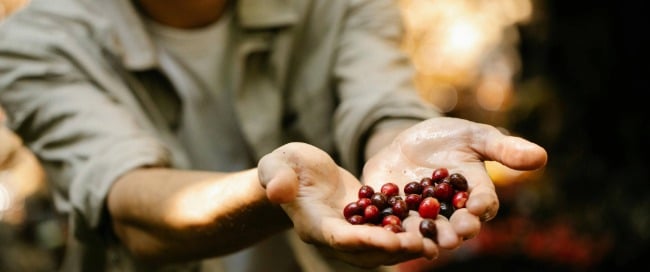 |
What could you offer? |
THE PRACTICE: |
Make The Offering. |
|
|
— Why? — |
|
One of the strangest and most meaningful experiences of my life occurred when I went through Rolfing (ten brilliant sessions of deep-tissue bodywork) in my early 20's. The fifth session works on the stomach area, and I was anticipating (= dreading) the release of buried sadness. Instead, there was a dam burst of love, which poured out of me during the session and afterward. I realized it was love, not sadness, that I had bottled up in childhood - and what I now needed to give and express.
We can hold back our contributions to the world, including love, just as much as we can muzzle or repress sorrow or anger. But contribution needs to flow; it stagnates and gets stinky if it doesn't. Thwarted contribution is the source of much unhappiness. For example, the wound of loneliness and heartache is about not having others to give to as much as not having others to get from. And one of the major issues with adolescence in technological cultures is that there are few opportunities for teenagers to make a real difference, to matter, and feel a sense of earned worth.
Now, "contribution" covers a lot of ground. It includes big things like raising a child, inventing the paperclip, or composing a symphony. But mainly it's a matter of many little things. You give or receive hundreds of small offerings each day, such as doing the dishes, treating customers with respect, picking up a gum wrapper, encouraging a friend, having good intentions, or staying open to feedback. You contribute with thought, word, and deed, and both by what you do and by what you restrain yourself from doing.
In addition to the offerings you already make, you may sense other things inside that want to be offered. Can you open to these and let them flow? It does not matter how large or small they are. As Nkosi Johnson - a South African boy born with HIV who became a national voice for children with AIDS before dying at about age 12 - once said:
Do all you can, with what you have, in the time you have, in the place where you are. |
— How? — |
|
Appreciate some of the things you already contribute through thought, word, and deed. Let yourself feel good about this.
Moving through your day, try considering your contributions as offerings - particularly the little things that are easy to overlook, such as the laundry, courteous driving, or saying thanks. When you relate to everyday actions as offerings, you feel an intimacy with the world, more kindness, perhaps even something sacred.
Also, try on a sense of being unattached to the results of your offerings. Sure, it's OK to hope for the best. But if you get fixed on some outcome, it's a setup for pressure and disappointment. I got a good lesson about this from my friend David, who was becoming a priest in an urban zen center and preparing for his first public talk. I asked David if it bothered him to work hard to present something precious to people who might not value it. He looked at me like he could not understand my question. Then he made a gesture with both hands as if he were setting something at my feet, saying: "My part is to give the talk as best I can. Whatever they pick up is up to them. I hope it's helpful, but that's out of my hands."
It's all right to make offerings from enlightened self-interest. When you give, you receive. Which helps you keep giving. To be benevolent to others, you must be benevolent to yourself.
Also, listen to your heart for additional offerings calling to be expressed. Maybe it's the offering of never speaking out of anger, or really starting that novel, or determining to give love each day. It could even be an offering to your future self - the being above all others you have the greatest power over, and thus the highest duty to - such as regular exercise or taking steps toward a better job.
Help yourself sustain this practice by feeling good about your contributions, regarding actions as offerings, staying focused on a key new offering, and holding self-criticism at bay. As Leonard Cohen sings:
Ring the bells that still can ring
Forget your perfect offering
There is a crack in everything
That's how the light gets in
That's how the light gets in |
| Read this Online |
|
|
Know someone who could notice their daily offerings more often? |
|
Share this Just One Thing practice with them! |
|
Share on Facebook | Tweet on X | Forward this Email |
|
|
|
|
|
|
NEW ON THE BEING WELL PODCAST |
The Psychology of Romantic Obsession with Brandy Wyant |
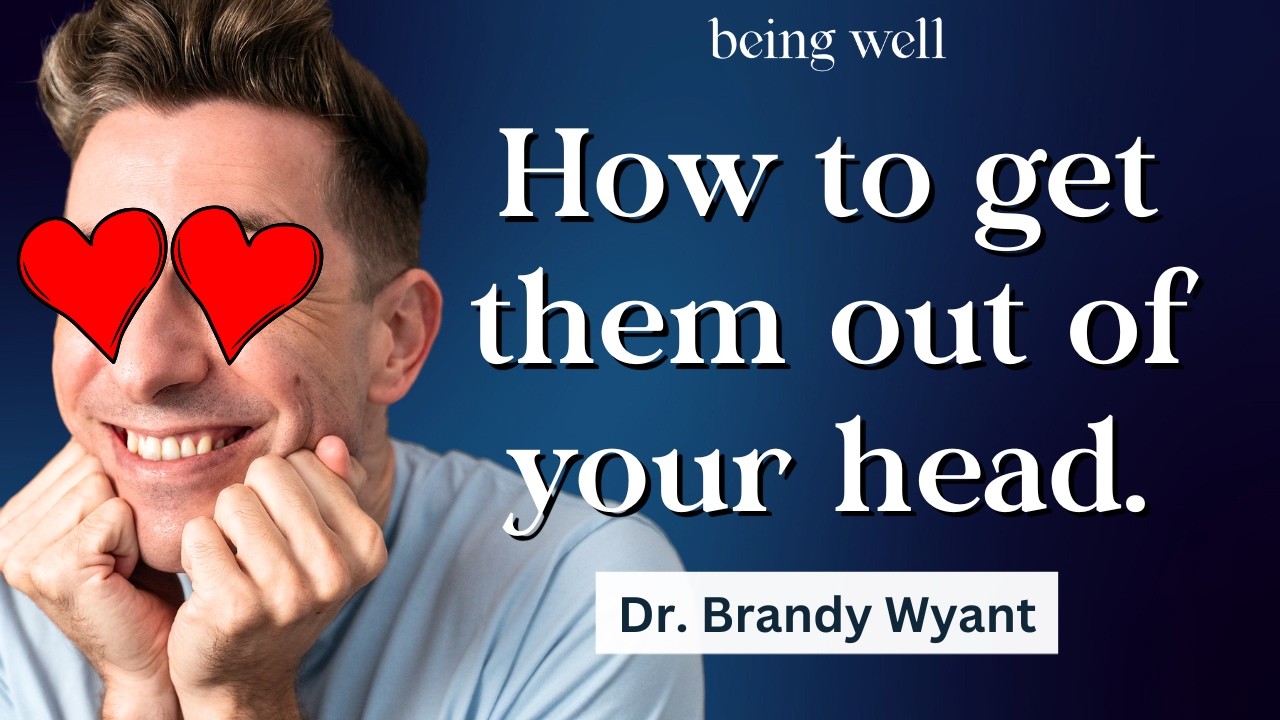 |
|
Forrest and therapist Brandy Wyant discuss limerence, an intense and often one-sided state of romantic obsession. They explore how limerence differs from both love and ordinary crushes, why uncertainty fuels it, and how it can take over a person’s inner world. Brandy shares both clinical insights and her own lived experience, describing the obsessive thoughts, compulsive behaviors, and shame that often accompany limerence. They examine its overlap with OCD and addiction, and discuss practical strategies from CBT and ACT. |
| Check out the Episode |
|
|
|
|
|
|
NEW FROM THE WEDNESDAY MEDITATIONS + TALKS |
How to Face Challenges without Suffering |
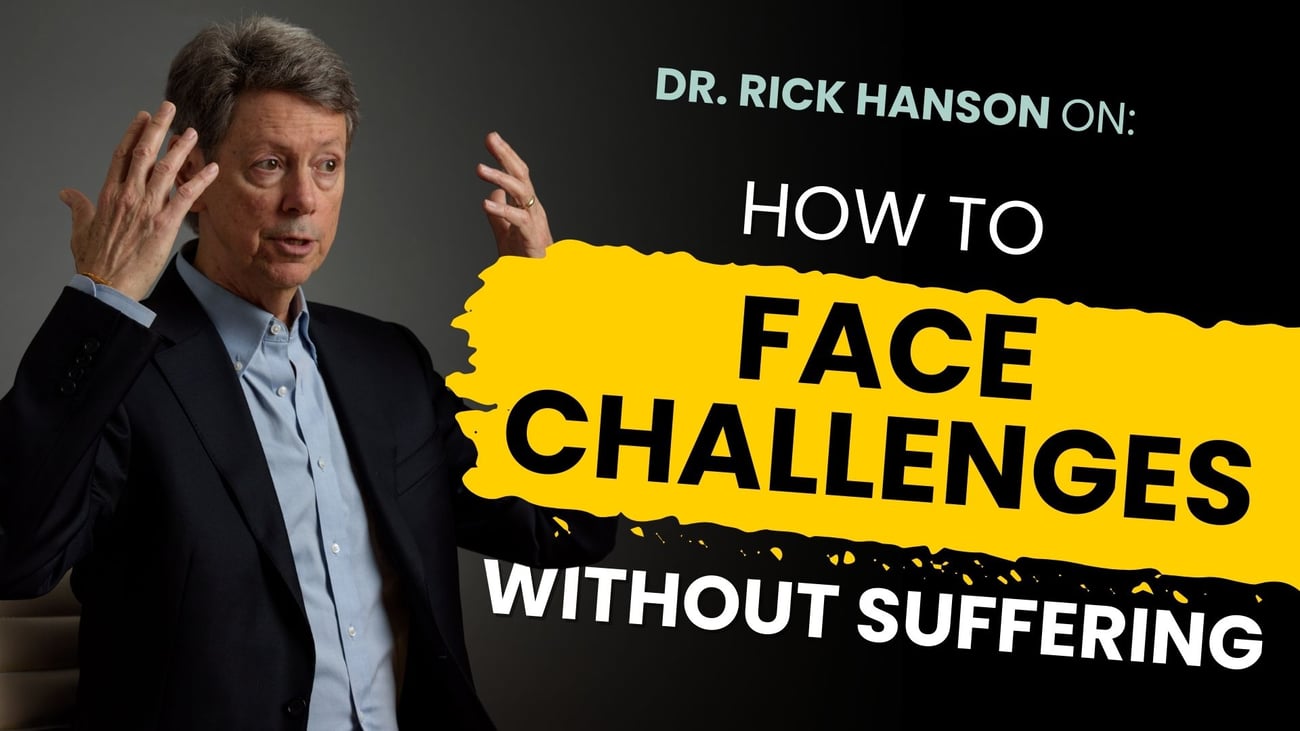 |
|
Last week I offered a live meditation on Relaxing the Body, Releasing the Mind, followed by a talk on How to Face Challenges without Suffering, and I hope you'll check it out.
If you haven't yet, sign up to join me every week for this free, live offering.
|
| Check It Out |
|
|
|
|
|
|
NEW FROM THE GLOBAL COMPASSION COALITION |
Festival of Compassion |
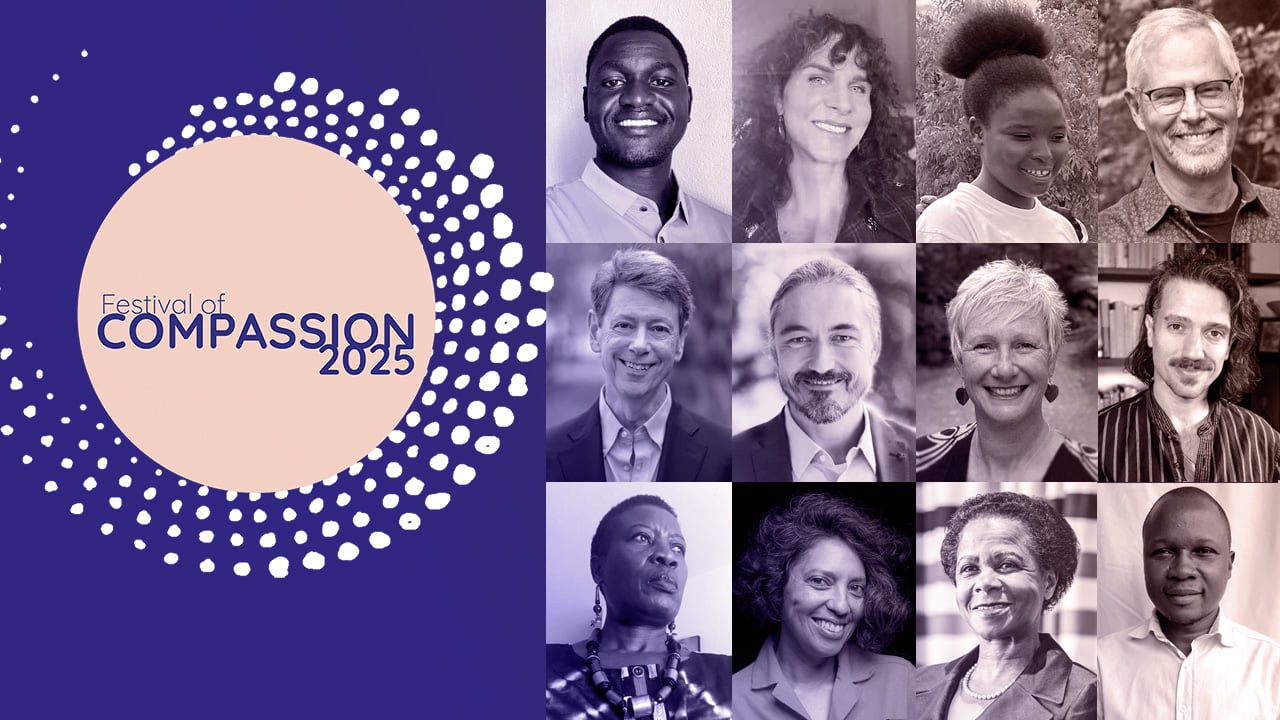 |
|
Here’s something I’m really excited about. This September 10–12, we’re convening the first-ever Festival of Compassion—a global gathering to “Come Home” to ourselves, each other, and our world. Join us in Cape Town or online for three days of talks, embodied practices, and community rituals designed to help us heal, reconnect, and move forward together. Scholarships are available because we truly want you there. I’d love to see you as part of it. |
| Learn More |
|
|
|
|
|
|
MORE GOOD STUFF |
|
|
|
SCIENCE NEWS (VIEW ARCHIVE HERE)
This new study details how some people don’t feel joy from music because their brain’s music-processing and reward areas don’t connect properly, showing that our sensitivity to pleasure can be specific to certain experiences rather than global.
|
|
|
|
FOR PARENTS
Sometimes emotions just flare up - whether it’s driving in traffic or a preschooler lashing out - and it’s hard to know where they come from. That’s why building self-awareness, one of the core inner skills that shapes happiness and relationships, is so valuable for both kids and parents.
|
|
|
|
|
|
|
|
|
HAVE YOU READ IT YET? |
Hardwiring Happiness |
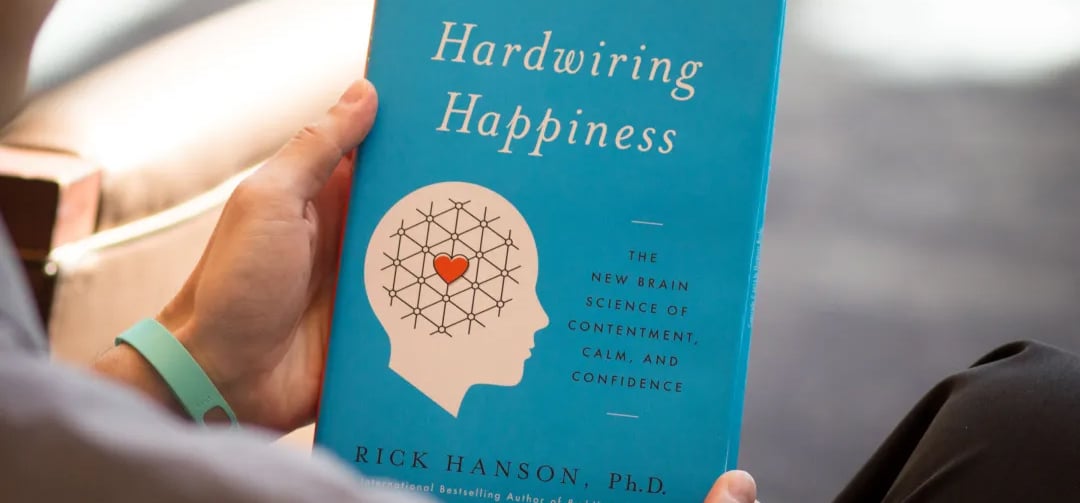 |
|
Beat the brain’s negativity bias with the power of positive neuroplasticity for lasting contentment, calm, and confidence. This New York Times bestseller is available in Hardcover, Paperback eBook, and Audiobook, wherever books are sold.
|
| Get Your Copy |
|
|
|
|
|
|
WORDS OF WISDOM |
"To be benevolent to others, you must be benevolent to yourself." |
|
— RICK HANSON, PHD |
|
|
|
|
JUST ONE THING (JOT) is the free newsletter that suggests a simple practice each week for more joy, more fulfilling relationships, and more peace of mind. A small thing repeated routinely adds up over time to produce big results.
Just one thing that could change your life.
(© Rick Hanson, 2024) |
|
|
|
|
|
|
|
|